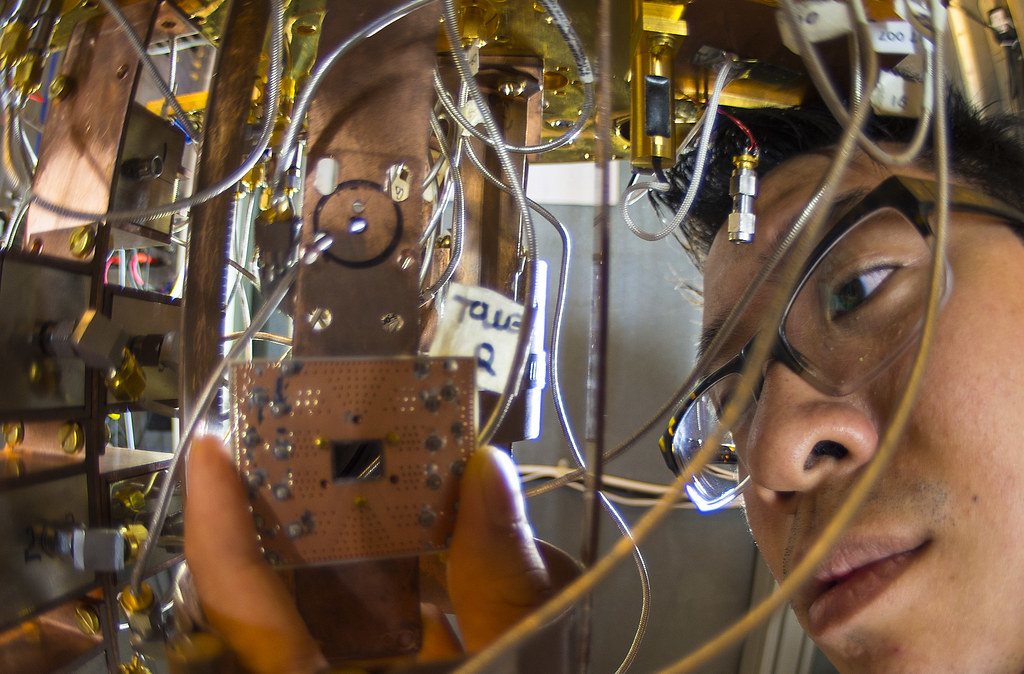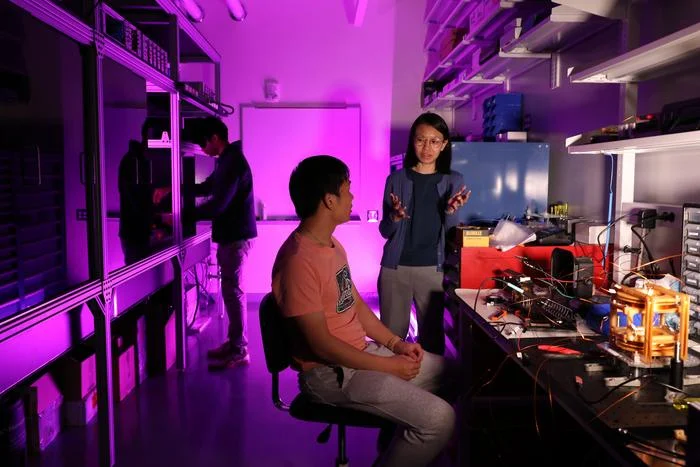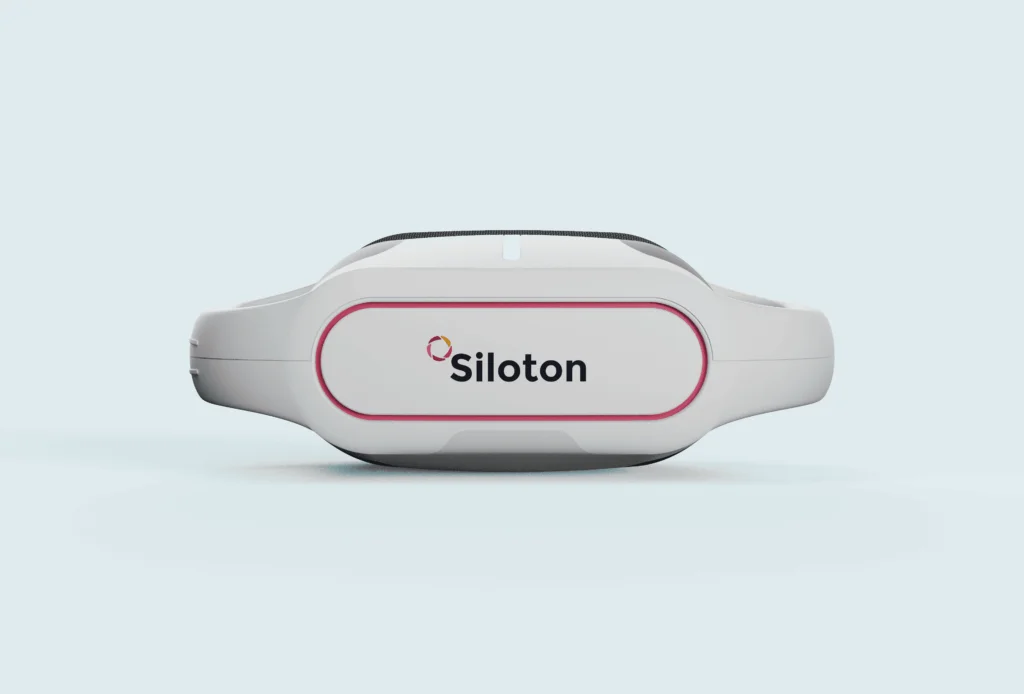
Several media outlets and government watchdogs are reporting on the steady news out of Washington about the importance of quantum technology and science. The moves are policy and legislative-related and involve strengthening domestic quantum initiatives while working with allies and friends.
Brandi Vincent, Staff Correspondent for NextGov reports that the United States National Quantum Coordination Office Director Charles Tahan joined officials from France, Germany and the Netherlands discussed how countries intend to drive innovation in quantum during the Inside Quantum Technology conference..
The conversation revealed opinions on ethical approaches on the front end of quantum technologies’ development and the need to grow and diversify the global talent pipeline.
“Quantum has always been global. It will continue to be global,” Tahan said in NextGov. “We’re much better off being first together, than second or last apart.”

Tahan is a physicist and serves as both the NQCO director and assistant director for QIS at the White House Office of Science and Technology Policy. He
“Our strategy really hasn’t changed in the last few years, it focuses on a science-first approach, and the other high-level policy goals—growing the quantum workforce, getting the infrastructure right, nurturing this nascent quantum industry, and then getting the security, both for national security and for economic security, balanced in a good way,” Tahan said. “And we continue to cooperate internationally.”
Neil Abroug, the national coordinator of France’s quantum strategy, spoke to his country’s recent, heavy investments and ongoing development work. Co-Founder and Director of Quantum Delta Netherlands Freeke Heijman highlighted the country’s fresh funding of a broad agenda that she said is “focused on scaling the ecosystem, in general.”
Ulrich Mans, the strategic partnerships lead at Quantum Delta Netherlands and panel moderator, said that while the Netherlands national quantum program emerged in 2019, funding for the program came more recently.
$250 Billion U.S. Innovation and Competition Act
The U.S. is moving closer to a final vote on legislation designed to make the country more competitive in technology, according to Reuters. That competition is coming primarily from China,
The Senate voted 68-30 to end debate on the $250 billion U.S. Innovation and Competition Act of 2021, or USICA. Funds from this legislation would likely find its way to quantum researchers and entrepreneurs.
Reuters said that in one of the few signs of bipartisan sentiments, Congress is increasingly united in taking a hard line against China.
Senate Democratic Majority Leader Chuck Schumer, who co-wrote the USICA legislation, said the United States spends less than 1% of gross domestic product on basic scientific research, less than half of what China does, the news service reports.
The next steps for the legislation: once it passes the Senate, then the House of Representatives must pass the bill and, finally, it will be be sent to the White House for Biden to sign into law.
For more market insights, check out our latest quantum computing news here.














